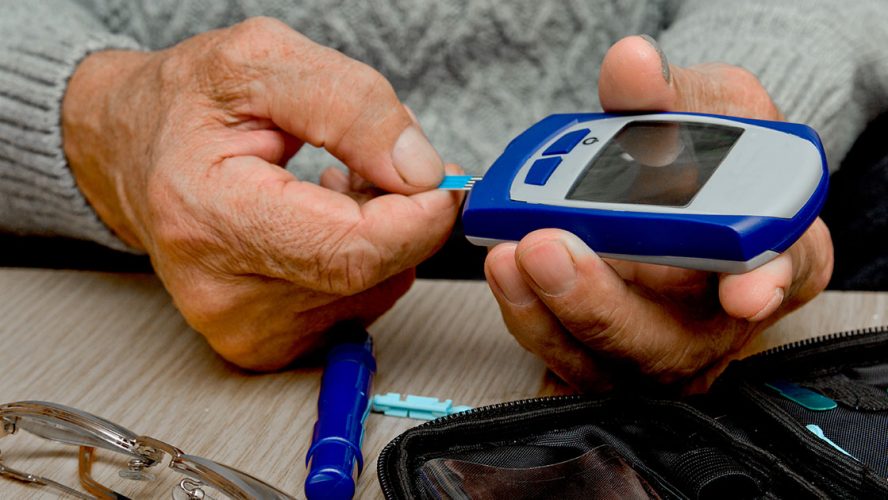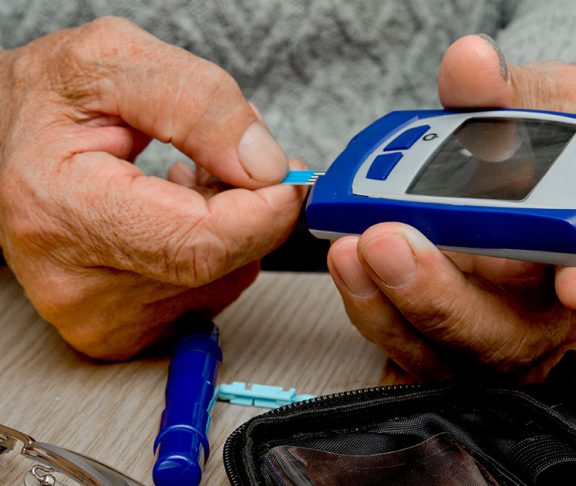
Ali Munk
Director of Communications, Infinite CBD
According to the Centers for Disease Control and Prevention, over 85 percent of adults diagnosed with diabetes reported taking pills or insulin for their diabetes in 2011. Although prescriptions reduce symptoms of diabetes, they also come with common side effects like upset stomach, tiredness, dizziness, bloating, gas, weight gain, low blood sugar, and more.
Unlike prescription medications, cannabidiol (CBD) works naturally within the body to help regulate diabetes. Receptors found within the endocannabinoid system (ECS) are located throughout the nervous system, connective tissue, glands, organs, and immune system.
The ECS interacts with CBD to help regulate both type 1 and type 2 diabetes. People who have used CBD to manage their diabetes report it has helped improve blood sugar, reduced shakes, stabilized symptoms, and lowered the number of medications they consumed.
Type 1 diabetes (T1D)
For people with T1D, CBD changes the cytokine profile, which suggests a shift from Th1 to Th2. Th1 cytokines are known to be involved with inflammatory responses, while Th2 cytokine provides anti-inflammatory properties.
In a study with mice, islets were similar to normal when CBD was administered. Islets are important to your body because, without them, you will not properly produce insulin.
Type 2 diabetes (T2D)
Research suggests CBD helps people with T2D produce insulin because of its potential effects to stimulate insulin secretion. In a randomized, double-blind, placebo-controlled study, subjects with noninsulin-treated T2D showed decreased resistin and increased glucose-dependent insulinotropic peptide. Resistin means “resistance to insulin,” which is known to be the root issue of type 2 diabetes.
Ali Munk, Director of Communications, Infinite CBD, [email protected]

